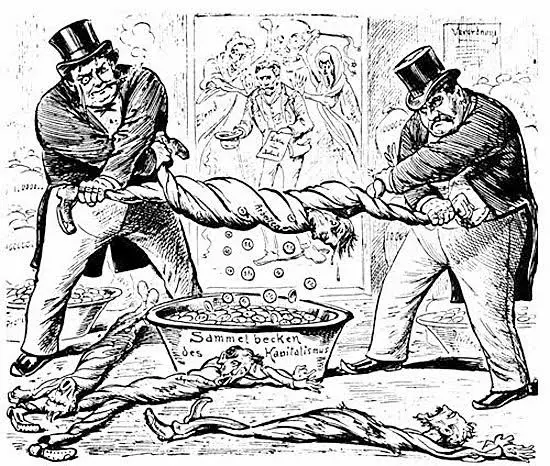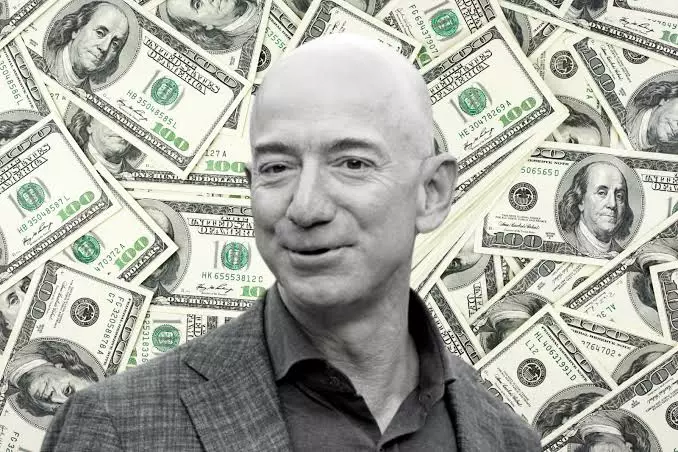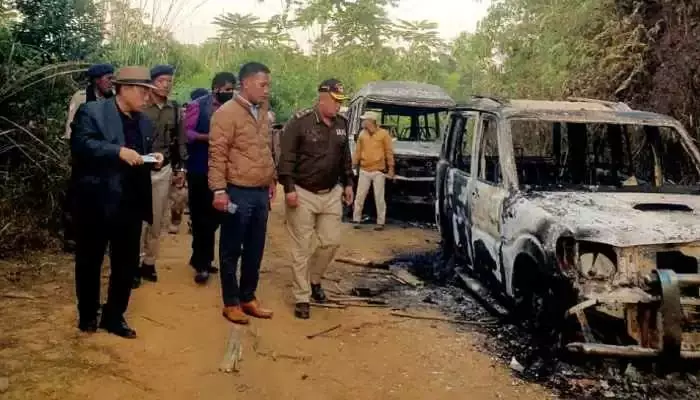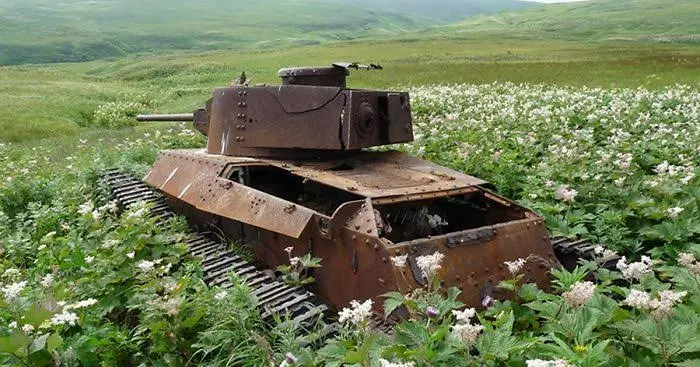There is no dearth of scholarship on peace. A lot of scholastic attempts have been made to theorize peace. For realists, peace is the absence of war. And by war, it means war between nation states which are the key actors in international relations. Influenced by Hobbes, realists postulate that the anarchy of the international system makes states act the way it does. This conceptualization of peace limits the scope of studying conflict. A theory as status quoist as realism has seeped into policy making which pats itself on its back after ‘resolving conflicts’. Good governance has been hailed as an effective tool of conflict ‘resolution’. We might think that we have left behind the age of barbarism, but as Marxists we must avoid such paltry conceptualization of violence.
Peace under late stage capitalism:
Let us take the case of Steven Pinker. Like most realists, Pinker lauds the role of the state to reduce war. Blown away by the civilizing nature of the benevolent capitalist state, Pinker writes paeans in praise of the state. Pinker not only seems to conveniently forget the dark side of the enlightenment values, he also fails to address when the presence of the state itself is a source of violent conflict. Moreover, Pinker has a narrow conceptualization of violence. Focusing exclusively on subjective violence (that is, physical damage inflicted by one person on another), Pinker fails to consider other kinds of violence. In a similar fashion, Brewer presents communal violence as an anomaly. Lenin, however would disagree. Slavoj Zizek provides a much needed in depth understanding of violence. He talks of the disease that is the capitalist system which leads to the symptom (i.e., violence). Without any identifiable perpetrator, the death of a piss poor pauper from hunger would simply not qualify as violence. Some concrete figures would perhaps shed more light into violence intrinsic to capitalism. Some sources estimate that 20 million people die each year of hunger-related causes. FAO estimates that at least 435 million people are seriously undernourished in the world today. Other estimates, which use poverty as an indicator, suggest that 800 million people are threatened by hunger, either temporarily or in the long term. The fake urgency with which benevolent capitalists target such problems is a distraction- let people not think of why things are the way they are. The mere visibility of subjective violence with identifiable perpetrator helps the icons of ‘frictionless capitalism’ continue with the development of underdevelopment which in turn provides fodder for conflicts. How to deal with good liberal communists? For Zizek, the answer lies in a hair raising Brecht poem: Now put you in front of a wall. But in consideration of your merits and good qualities We shall put you in front of a good wall and shoot you. Hilferding would have agreed with this. He wrote “It is not the business of the proletariat, to contrast the more progressive capitalist policy with that of the now bygone era of free trade and of hostility towards the state. The reply of the proletariat to the economic policy of finance capital, to imperialism, cannot be free trade, but socialism. The aim of proletarian policy cannot today be the ideal of restoring free competition—which has now become a reactionary ideal—but the complete elimination of competition by the abolition of capitalism.”
Haven’t enough people died already?

The violent nature of capitalism is also evident in the rampant expropriation of nature. Marx was able to foresee the ecological crises emanating due to capitalism. Marx's works on metabolism were created during England's "second" agricultural revolution (1815–1880), a time marked by the advancement of soil chemistry and the increased use of chemical fertiliser. As per John Bellamy Foster, The concept of metabolic rift captures "the material estrangement of human beings within capitalist society from the natural conditions which formed the basis for their existence.” But where is the lie? As human activity in the Amazon increases, its future has never been more uncertain. Scientists warn that decades of human activity and climate change have brought the rainforest dangerously close to a "tipping point." This equilibrium is being thrown off by deforestation, forest fires, and global temperature rises. From August 2019 to July 2020, a total of 11,088 square kilometres (4,281 square miles) of rainforest were destroyed. This represents a 9.5 percent increase over the previous year. Now let us do the math shall we? The Amazon is home to about three million species of plants and animals, and one million indigenous people. Over a million indigenous will lose everything they cherish because production relations necessitate so.
What is to be done?
Going vegan will not help. It certainly will not as long as industrial pollution remains at an all time high. Taking personal responsibility, keeping track of your carbon footprint will amount to nothing as long as we do not question the structures that that insist on prioritising the actions of individuals over that of the system. As part of the 1997 Kyoto Protocol, the United States insisted on an exemption for reporting military emissions. But according to the global business news website Quartz, if the Us military was a country, its fuel usage alone would make it the 47th largest emitter of greenhouse gases in the world.
As Lenin suggests, a vanguard is needed. And very much so. Not just to spread Marxism but to save our planet. Collective action is the need of the hour.






